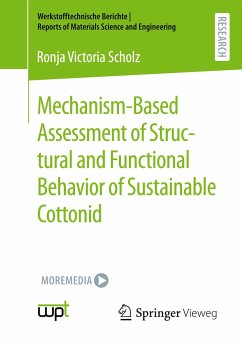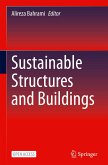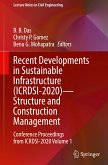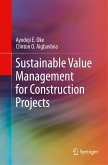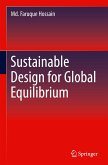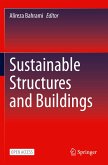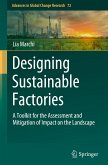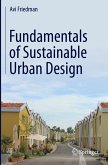Ronja Victoria Scholz assesses the performance of cellulose-based Cottonid for implementation as sustainable construction material. Quasi-static and fatigue tests are performed in varying hygrothermal test conditions using mechanical testing systems in combination with integrable climate chambers. To investigate humidity-driven actuation properties, customized specimen holders are designed. Accompanying microstructural in situ experiments in analytical devices enable a profound understanding of effective material-specific damage and failure mechanisms. The findings are transferred into strength-deformation diagrams as well as Woehler curves, which enable a comparative evaluation of several process-related and environmental influencing factors and can directly be used for dimensioning of Cottonid elements for structural applications. The interpretation of thermoelastic material reponse during loading is used as scientific value for lifetime prediction. Comprehensive investigationson industrial standard materials as well as structurally optimized Cottonid variants provide a scientific basis for categorizing material's structural and functional performance towards common technical plastics and wood.
Bitte wählen Sie Ihr Anliegen aus.
Rechnungen
Retourenschein anfordern
Bestellstatus
Storno

